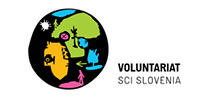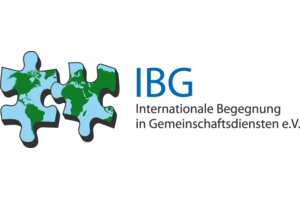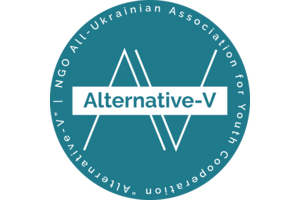Overcoming Loneliness While Volunteering Abroad
With people coming from all over the world — bringing different work and language skills, expectations, and possibly mental health or other personal challenges — it’s not uncommon for someone to struggle to fit in or become isolated from the group.
Getting familiar with who’s about to arrive (using the confirmation slips) or exploring participants’ expectations, fears, and hopes — either in advance or during the first days of the project — can help prevent this. Still, things won’t always go perfectly, and that’s completely normal.
If you notice someone withdrawing or not fully engaging, try to establish contact and ask how they’re feeling. Listen openly to what might be going on. Whether it’s a language barrier, cultural difference, or simply shyness, aim to find a solution together. Avoid making assumptions or judgments before hearing their perspective.
It’s also possible that the person is content with their current level of involvement. Just be sure to check in from time to time to see how they’re doing.
Feeling Overwhelmed at a Workcamp
Leading a workcamp is an exciting adventure, but it can sometimes feel overwhelming. As a campleader, you’re the vital link between the participants and the local partner. You might find yourself acting as an interpreter, mediator for group dynamics, work organiser, and free-time planner — especially during the first few days.
Trying to do everything yourself, and perfectly, is a quick path to burnout. Don’t hesitate to collaborate with your campleader partner or delegate some tasks to the participants. If you run into any difficulties, remember your hosting organisation is always there to support you.
And most importantly — don’t forget to enjoy the experience yourself! No one expects you to ignore your own needs and expectations to be a good campleader. Taking care of yourself helps you lead better.













